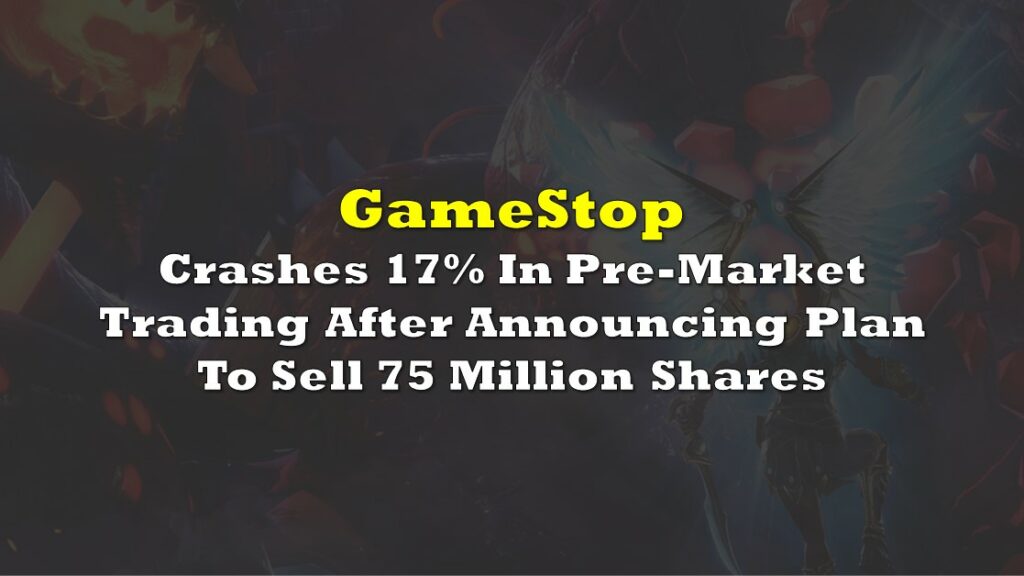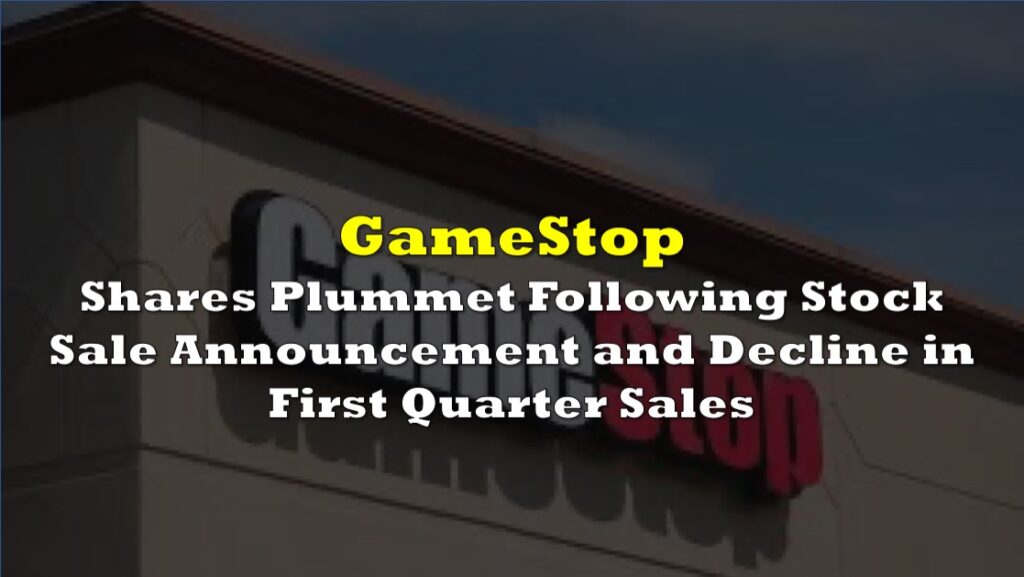The Alice Cooper Chicken Incident
In 1971, Alice Cooper was a touring musician with a classic, youth rock rebellion single called I’m Eighteen that was charting respectably and reliably drawing the kids out to see the band live. Cooper was repped by legendary producer-promoter-performer Frank Zappa, and known for elaborate stage shows featuring make-up, leather, smashed watermelons, big drums… just an all-around Detroit-rock-city spectacle.
The way Alice Cooper Bassist Dennis Dunaway tells it, the chickens weren’t supposed to be ritual sacrifices, they were pets. Someone got two chickens as part of a gag they were playing on the guitarist, and they named them Larry and Pecker. The chickens hung around living in hotel bathrooms eating birdseed and being part of a real-life rock and roll lifestyle.
Then one day at a festival show in Toronto, Alice brought one of them out on stage and pulled it out of a pillowcase as part of the show. Of course, the thing got spooked and started flapping around, Cooper fumbled it and it fluttered into the crowd, where Toronto’s Metal Youth promptly tore it to shreds. There was blood and feathers everywhere.

Nobody had ever seen anything that crazy at a rock concert, so word spread quickly, and the legend grew. Frank Zappa called the next day to figure out what the hell was going on up there and probably said something like:
“What the hell is going on up there? They’re saying you sacrificed a live chicken on stage? Bit its head off in a ritual blood sacrifice!? The label is getting angry calls from animal rights groups!“
“No, Frank. It wasn’t like that at all. It was more of an accident really and –“
“No, no! No it wasn’t. Lean into the blood sacrifice thing. They’ll love it.“
The story about short squeezes sending stocks into the stratosphere is as old as the market itself. It’s sometimes used by IR desks looking to generate an order out of shareholders who call to ask why the market is getting rained on. The onslaught of selling is blamed on naked shorts and, “if we can take this thing on a run, we’ll put a squeeze on ’em and put this thing on the elevator. Best thing to do right now? Clean out the offer.”
The rally-of-the-century in GameStop (NYSE: GME) was certainly caused by the idea that there were un-hedged shorts at hedge funds that retail options traders could put up against the wall if they generated enough momentum, but the extent to which there were (or are) actually un-hedged shorts whose squeeze contributed to this run may never be known.
Short? How short? Shorter than 5’4″?
Melvin Capital Management has become the highest profile hedge fund villain in the GameStop saga, and are reported to have taken on $2.75 billion in capital from Ken Griffen and Steve Cohen to stay afloat. Despite popular lore, whether or not they were short, and how short they were or weren’t when this rally started, remains an open question.
Definition: 13-F
Form 13-F is filed with the SEC quarterly by institutions with >$100 million in assets under management to disclose the positions they held at the end of the previous fiscal quarter. Websites like Insider Monkey and Whale Wisdom have made publishing businesses out of cataloging and organizing the data in 13-Fs to show when hedge funds get in and out of whatever, what they own, etc.
13-F disclosure comes four times a year, at a lag. Melvin Capital Management last filed 13-F for the period ending September 30th, 2020. At the time, it held 5.4 million GME puts (options to sell shares of GME at an unknown strike price) valued at $55 million. Melvin is due to file its next 13-F, for the quarter ending December 31, 2020, this coming February 16th, at which point the street will get a fine look at what they held 45 days prior… mostly.
Short positions are not reported on 13-F
The $55 million worth of puts reported by Melvin in the September period could have been the sum-total of its exposure to GameStop, or the only part of an enormous short it was required to disclose. For all we know, it could have liquidated those puts October 1st, or doubled down after Q4, betting the Christmas sales would be abysmal. We’ll never truly know what Melvin or anyone else is holding at any given moment.

The broad short interest in individual stocks that are reported through market data providers are calculated based on the number of shares of those securities being lent out. In all likelihood, someone was short GME, because the data shows that there is more shares lent out than there are in the float, but that tells us more about the reliability of short interest data than it does about how much stock is short.
Meanwhile, financial media continues its deer-in-headlights act, wondering how the SEC will manage to clamp down on this newly invented market manipulation tactic of… buying stock. So far, the WSB Discord server has been shut down, and the reddit forum locked to non members (which was subsequently re-opened post-writing of this article).
Assuming these changes were made because of some type of pressure from securities regulators, it isn’t likely that it’s being exerted to save whichever investors were (or are) actually short GME. These funds may have to take a hit or go under, but the infrastructure will survive. What has the media and their financial establishment handlers rattled is the idea that retail stock jockeys could do this to any company at any time.

No run away trade is made up entirely of what’s on the label of the package that the rumor sending it came in, because money follows money. Reuters figures Blackrock for having made $2.4 billion on its position in GME.
For all we know Cohen and Griffen could have called Gabriel Plotkin over at Melvin to ask what the hell’s going on over there, and asked something like:
“What the hell’s going on over there, Gabe? They say you got squeezed out of this GME trade?”
“Nah, man, it ain’t like that at all. We lost on some puts, but we’re out of it now and -“
“No, no, no. Take on $1.35 billion from each of us, and tell the press that the retail traders blew you up. Lean on the ruined hedge fund thing. They’ll love it.”
Information for this briefing was found via Sedar and the companies mentioned. The author has no securities or affiliations related to this organization. Not a recommendation to buy or sell. Always do additional research and consult a professional before purchasing a security. The author holds no licenses.









The Economy That Cried Wolf (Of Wall Street)
(title card concept stolen from Martin Scorsese and Jesse Hawken) This past March, when the...